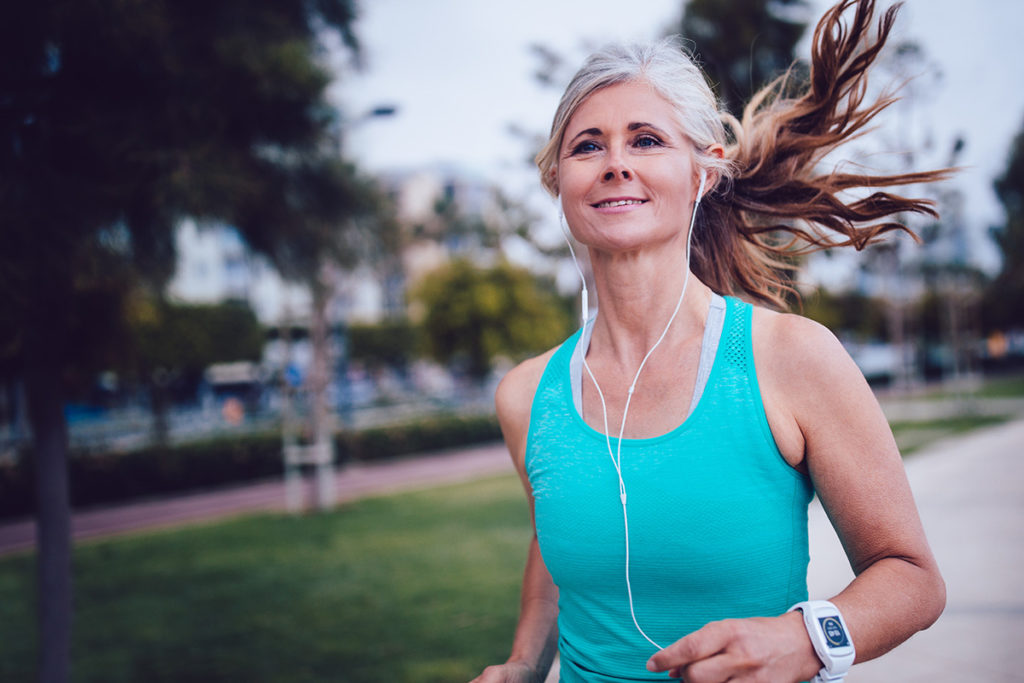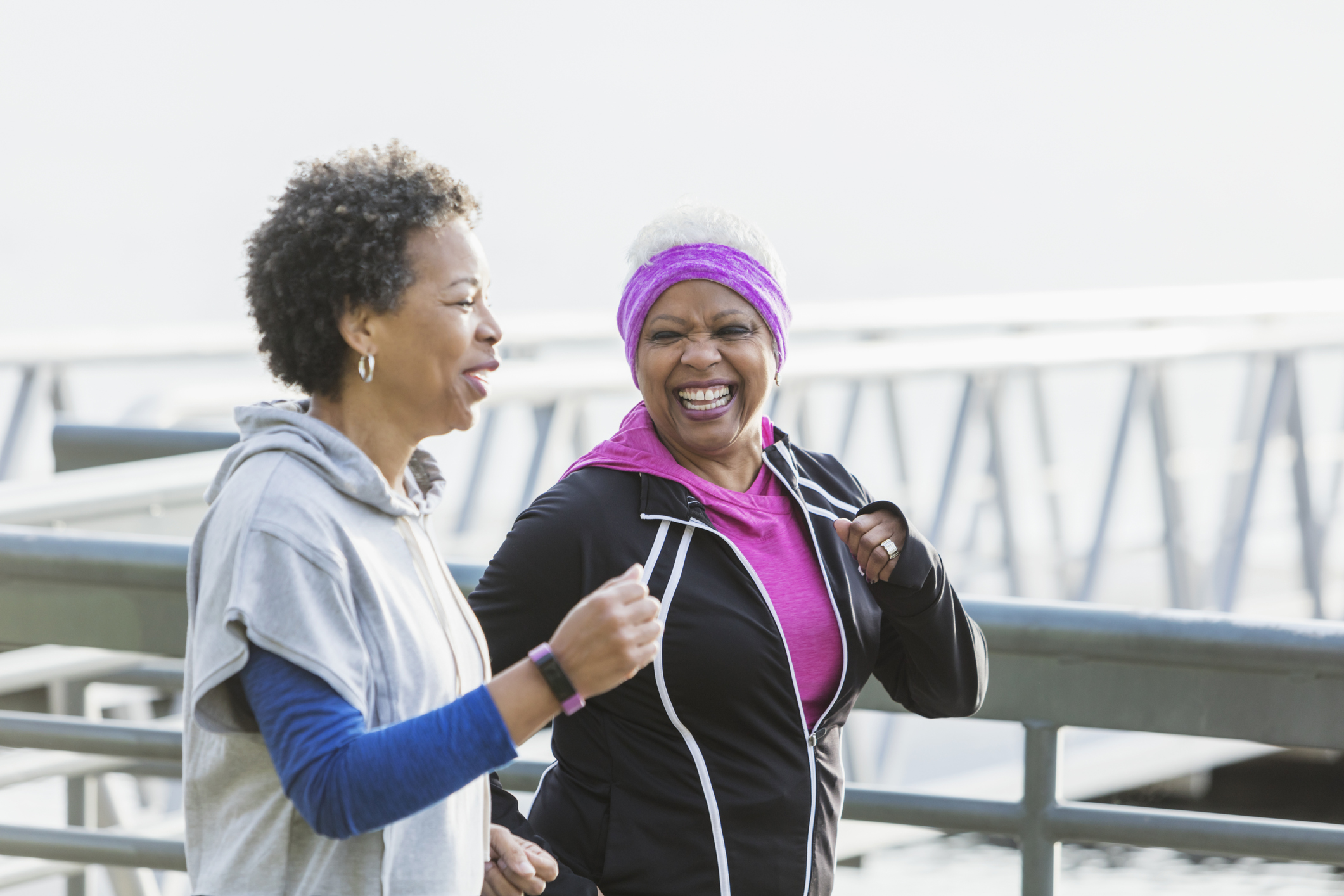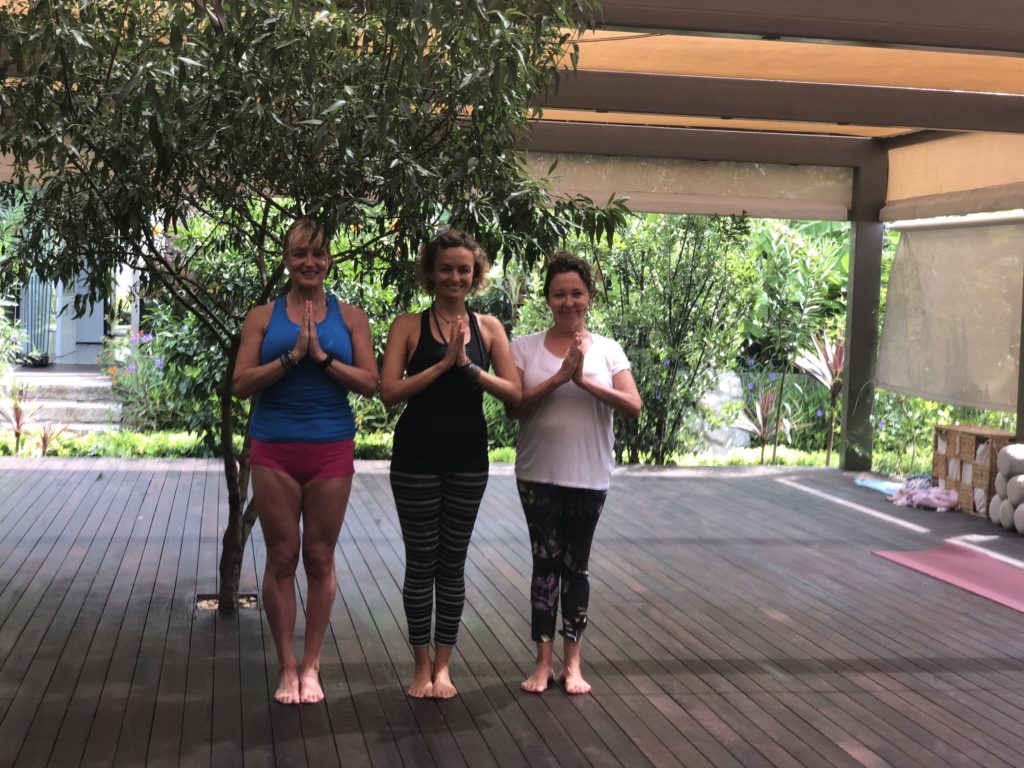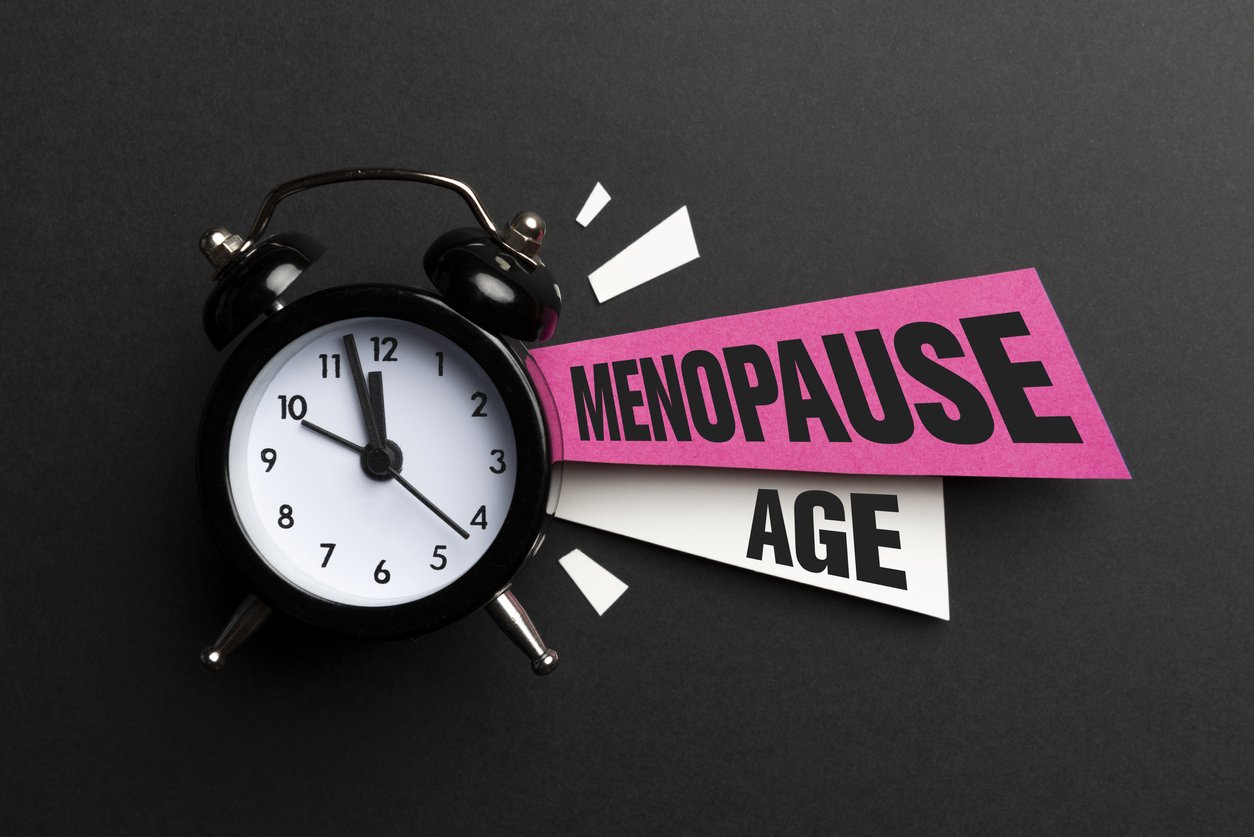Menopause can be difficult as your body is going through so many changes. But it can also serve as a reminder to take good care of yourself and adopt lifestyle changes to help you cope. Regular exercise is particularly important and has many benefits for women going through menopause.
Women in Sport surveyed over 400 women aged 45-60 to find out more about their physical activity. 30% of respondents said they were less active during menopause. The study identified the core values of women during menopause, with ‘looking good’ and ‘feeling good’ coming up top. Many of the women surveyed associated menopause with a sense of loss and lack of control. However, this was more evident with the women who weren’t physically active. The more active participants actually felt empowered to use exercise as a way to regain control and manage their symptoms.
Benefits of Exercise in Menopause
As well as a feeling of gaining control over your body, exercise has many benefits for women. To stay healthy the NHS recommends that adults do a minimum of 150 minutes of exercise each week, including moderate aerobic activity and strengthening exercises.
Preventing weight gain – Women tend to lose muscle mass and gain fat around the middle during menopause, so regular exercise helps prevent this.
Reducing the risk of disease – Exercise during and after menopause can help you maintain a healthy weight which helps prevent many types of cancer, including breast, colon and endometrial cancer. Excess weight can also increase the risk of heart disease and type 2 diabetes.
Strengthening your bones. – Exercise can slow bone loss after menopause, lowering the risk of osteoporosis and fractures.
Boosting your mood – Adults who regularly exercise have a lower risk of depression and mental decline
What Exercise Should I Try?

Moderate Cardio / Aerobic Activity
Aerobic activity helps shed excess pounds and makes use of your large muscle groups while keeping up your heart rate. As you enter menopause estrogen levels, which are thought to protect your heart, drop and women have an increased risk of heart disease.
Your options for cardio are limitless. Almost any moderate activity counts including brisk walking, jogging, biking, swimming, or water aerobics. If you’re a beginner, start with 10 minutes a day and gradually increase the intensity and duration over time. The aim is to do 30 minutes for 5 days a week and avoid sitting for long periods of time.
If you work out harder, so you are out of breath, then the general rule is you gain double the benefits so only need to workout for half the time eg fun or skip for 15 mins v 30 minutes walking.
Check out our ‘Walk Your Way Fit’ weekly plan!
Strength Training
Strength training exercises will help to build bone and muscle strength and burn body fat. Osteoporosis risk skyrockets following menopause (estrogen is needed to help lay down bone) which makes strength training is especially important.
At home, you can use dumbbells and resistance tubing, and at the gym try weight machines or hand held weights. Select a level or weight that is heavy enough to tax your muscles in 12 repetitions and move up from there as you get stronger. To get the benefits, do the repetitions till you are struggling to do more.
Good muscle-strengthening activities include: lifting weights, doing exercises using your own body weight (like squats and sit-ups), heavy duty gardening, or lifting lots.
Yoga
Menopause can become stressful and stress can constitute to weight gain as well as making your mood worse. Yoga poses and meditation can help calm your anxieties and centre your mind. It can also help alleviate symptoms such as hot flashes, irritability and fatigue, whilst the stretching improves flexibility.
Read our article about the benefits of yoga at midlife.
HIT Training
Whilst cardio is great for losing weight, sometimes it isn’t enough to keep the weight off. This is especially in post-menopausal women. Workouts that offer short bursts of high-intensity training can be better at building muscle, building strength and helping you lose fat.
Plus, there is no need to go to the gym, with many great HIIT workouts on Youtube that will leave your muscles burning! Check out these 7 HIIT Youtube workouts you can do from home

Exercise Classes
The social aspect of joining a workout class can be vital for those who feel lacking in a support system. Exercise is a great way to meet people and can become a strong part of your social life. Joining a class like Zumba helps burn calories and work muscles all while enjoying uplifting Latin music!
How do I stay motivated?
It’s important to be realistic when it comes to exercising. Make your goals specific and attainable. Instead of just vowing to exercise more, set goals such as walking 30 minutes three times a week. By making goals realistic and specific, you will feel more motivated to reach them. Frequently update your goals, and team up with someone to keep you accountable!






